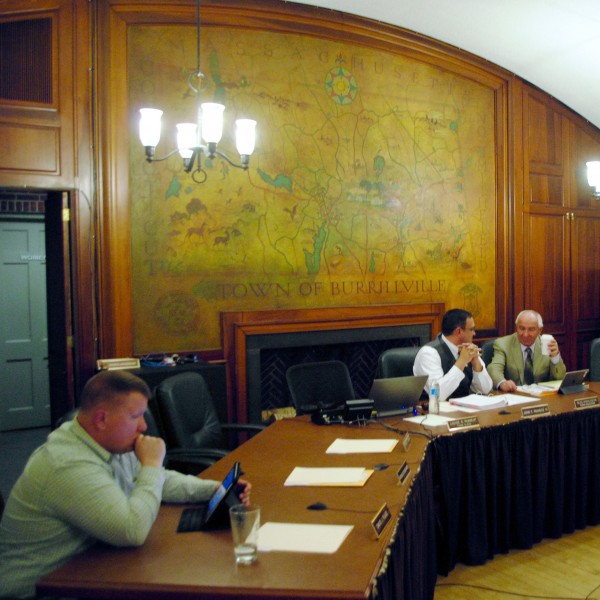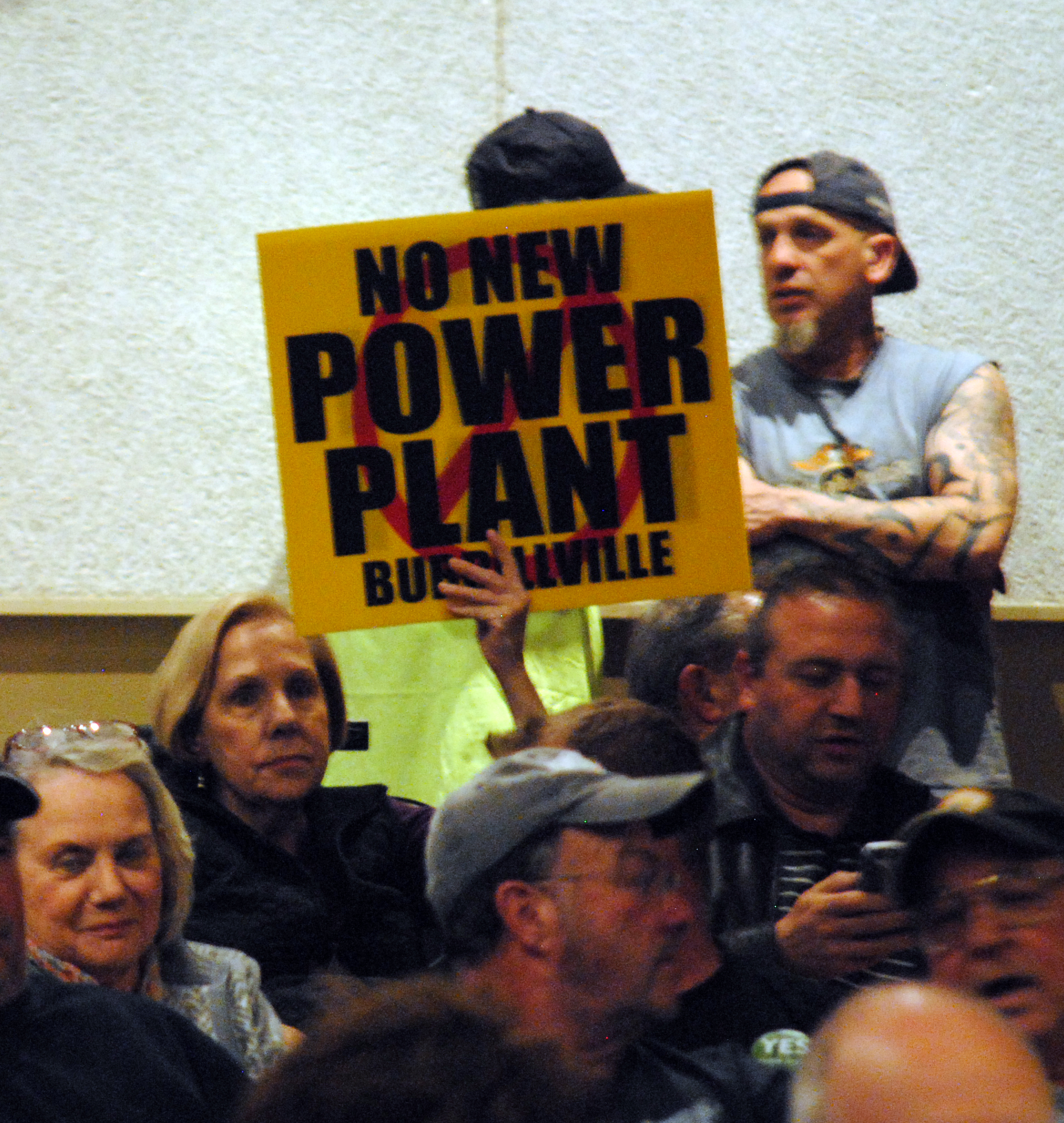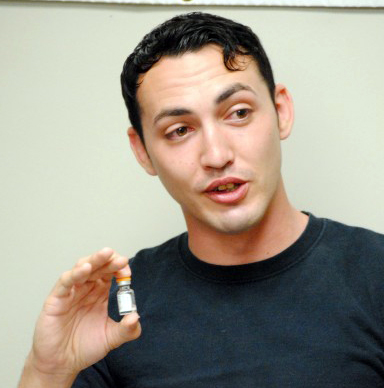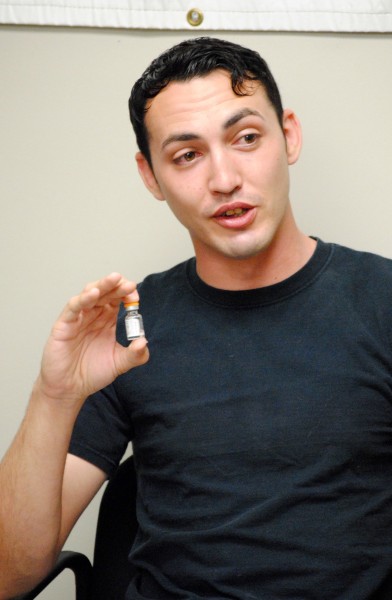 On January 14, 2016, the Rhode Island Supreme Court ruled that wind turbines are manufacturing equipment and therefore exempt from local property taxes under state statute. The decision in DePasquale v. Cwiek developed the legal view that wind turbines are, “used exclusively for the purpose of transforming raw material—wind—into a finished product—electricity—and as a result the taxpayer meets the definition of a manufacturer, making the turbine eligible for tax-exempt status.”
On January 14, 2016, the Rhode Island Supreme Court ruled that wind turbines are manufacturing equipment and therefore exempt from local property taxes under state statute. The decision in DePasquale v. Cwiek developed the legal view that wind turbines are, “used exclusively for the purpose of transforming raw material—wind—into a finished product—electricity—and as a result the taxpayer meets the definition of a manufacturer, making the turbine eligible for tax-exempt status.”
If turning wind into electricity is a tax free proposition, it logically follows that turning “natural” gas into electricity would be as well. For instance, Invenergy‘s proposed $750 million fracked gas and oil burning plant in Burrillville, may well have been a tax free proposition for the company under this ruling.
Fortunately, there is a specific statute to the contrary, R. I. Gen. Laws § 44-3-30:
- 44-3-30 Burrillville – Property taxation of electricity generating facilities located in the town. – Notwithstanding any other provisions of the general laws to the contrary, the town council of the town of Burrillville is authorized to determine, by ordinance or resolution, an amount of taxes to be paid each year on account of real or personal property used in connection with any facility for the generation of electricity located in the town, notwithstanding the valuation of the property or the rate of tax.
All well and good then. The Town Council of Burrillville has the absolute right to set the taxes for the proposed Invenergy plant at any level they wish “notwithstanding any other provisions of the general laws”. They could set the tax rate at $1 a year or a $100 million a year. In fact, if the Town Council were truly interested in stopping the proposed power plant, they could simply set the tax rate at $100 billion per year. It would stop the development cold.
Let me repeat: Despite the RI Supreme Court ruling, the Burrillville Town Council has absolute authority to set the tax rate for the new power plant at whatever level they wish.
Yet that is not how Town Manager Michael Wood and Burrillville Town Council solicitors Oleg Nikolyszyn and Michael McElroy seem to have reacted to the court’s ruling. Instead, the Burrillville Town Council, at a special meeting on February 23, asked Reps Cale Keable and Brian Newberry, as well as Senator Paul Fogarty, to “make sure that the existing [state level] legislation [cited above] we have will allow for the siting and construction of the new power plant in the town.”
Though it is apparent that Keable, Newberry and Fogarty didn’t make any changes to RI State Law 44-3-30 concerning power plant taxation and that no changes were necessary, that isn’t the only change the Town Council asked their state representatives to make regarding the state law around power plants. About a month earlier, at a January 27 Town Council meeting and two week after the RI Supreme Court ruling, a resolution was unanimously passed by the Burrillville Town Council to “respectfully request that our legislative delegation introduce legislation” to amend R. I. Gen. Laws § 44-3-9.3, which governs “exemption or stabilizing of taxes on qualifying property used for manufacturing or commercial purposes.”
According to the minutes of the meeting, the motion to vote on the request to change the law was made by Councillor David Place, who has announced his run for State Representative against Cale Keable.
What is the major change in the law requested by the Town Council? The addition of the word “manufacturing” over and over again within the statute, expanding the range of the statute to make sure that power plants (which could be classified as manufacturers now) are covered. Now again, changing this law is not necessary in order for Burrillville to have full control over the taxation of the proposed Invenergy plant, and the Town Council never mentions Invenergy or manufacturing when discussing this resolution prior to passage. But the timing of this requested change is suggestive.
If this request was in response to the RI Supreme Court decision, it demonstrates that the Town Council was aware of Invenergy’s plans in January, not February, as previously demonstrated. Like the February request for changes in the General Laws, this request was also ignored by Keable, Newberry and Fogarty.
Whether or not the Burrillville Town Council, Town Manager and legal counsel worried about the DePasquale v. Cwiek decision, it is apparent that they have been keen to make sure that the RI General Laws are in their favor and that the court’s decision will not apply to their town or to the Invenergy plant.
But it’s also hard to believe that the Town Council is interested in stopping the power plant’s construction. If they wanted the plant stopped, they simply have to propose a prohibitively high tax rate, one Invenergy could not afford. Cale Keable, as reported by several Burrillville residents, is correct when he says that the power to stop this plant rests with the Town Council. Sure, the Energy Facilities Siting Board has the power to approve the plant, but the Town Council has the power to make the plant so unprofitable that Invenergy will never bother building it.




